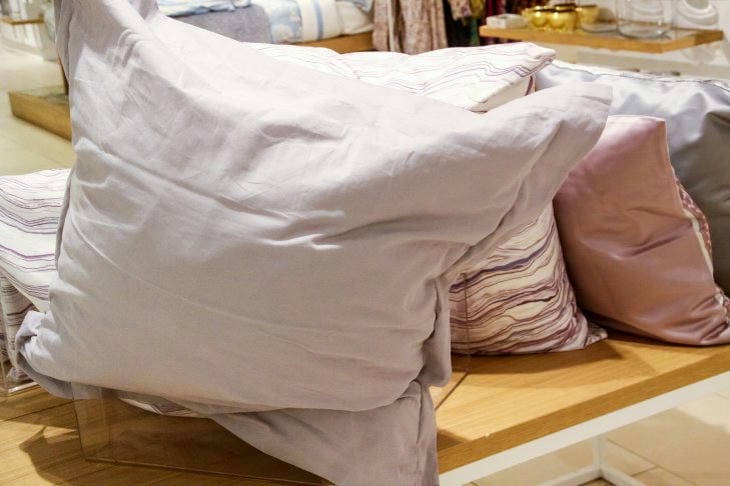Can You Get Dandruff From Your Pillow: Medical Facts vs. Everyday Fears
The question of whether dandruff is contagious through bedding worries many people.
This issue becomes especially relevant when living together or using shared bedding.
The nature of dandruff
Seborrheic dermatitis, commonly known as dandruff, is a scalp condition in which the process of epidermal cell renewal is disrupted.
The Malassezia fungus, present on the skin of every person, begins to actively multiply under certain conditions, causing characteristic symptoms.
Transmission mechanisms
Scientific research shows that direct transmission of dandruff through pillows is virtually impossible.

Malassezia fungi require specific conditions to grow, including specific temperature, humidity, and nutrient media.
The bedding is not able to provide the necessary environment for its survival over a long period of time.
Risk factors for the development of seborrhea
The main causes of dandruff are hormonal changes, stress, unbalanced diet and immune system disorders.
Hereditary predisposition also plays a significant role in the development of the disease. Using other people's bedding is not included in the list of significant risk factors.
Hygienic aspects
Regularly changing pillowcases and proper care of bedding are considered important elements in preventing skin diseases. However, the connection between pillow cleanliness and dandruff is indirect.
Contaminated bedding can promote bacterial growth and worsen existing scalp problems.
Preventive measures
Experts recommend paying special attention to personal hygiene and proper hair care.
Using quality shampoos, keeping your combs clean, and regularly washing your bed linen can help reduce the risk of developing seborrheic dermatitis. Eating right and living a healthy lifestyle also play an important role.
Modern methods of treatment
Treatment of dandruff requires a comprehensive approach and is prescribed by a dermatologist after examination.
Special shampoos containing antifungal components, zinc pyrithione or ketoconazole are used. In severe cases, systemic drugs and physiotherapy procedures may be prescribed.
Common Misconceptions
The myth that dandruff is contagious and can be transmitted through bedding is one of the common misconceptions.
Scientific data confirms that seborrheic dermatitis develops under the influence of internal factors of the body and is not transmitted by contact through household items.
